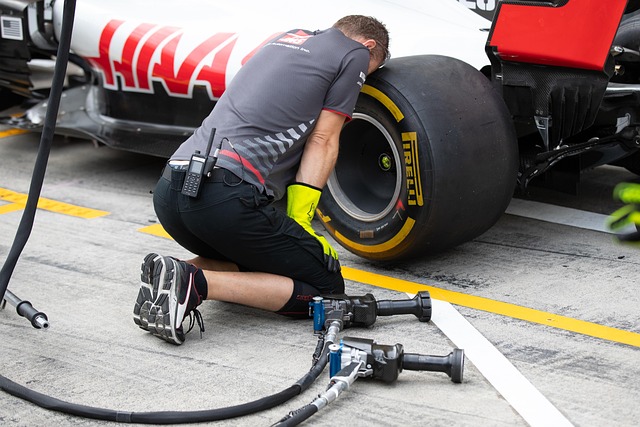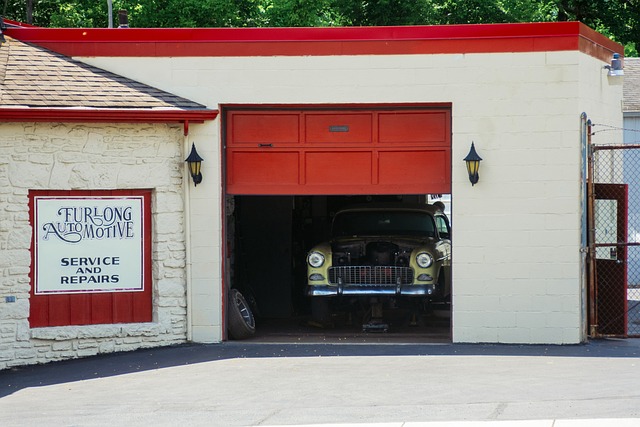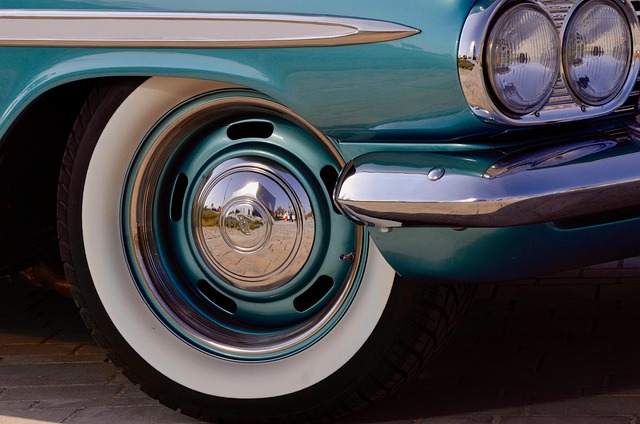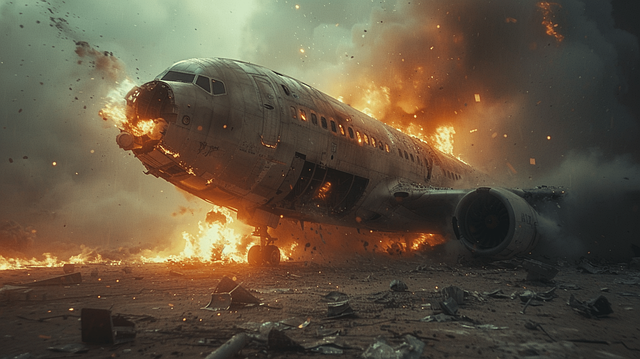Mercedes Benz Collision Center: Your Comprehensive Visit Guide
Visiting a Mercedes Benz collision center ensures your vehicle receives expert, specialized care wit…….
Welcome to an in-depth exploration of the world of Mercedes Benz collision centers—a critical aspect of the automotive industry that often operates behind the scenes, ensuring the safety and quality of one of the world’s most prestigious vehicle brands. This article aims to provide a holistic view of these specialized facilities, their role, and their impact on both the global automotive landscape and local economies. By delving into various facets, from technology and policy to challenges and future prospects, we will uncover the significance of Mercedes Benz collision centers and their influence on shaping the motoring experience.
Definition and Core Components:
A Mercedes Benz collision center, also known as a repair or restoration facility, is a specialized workshop dedicated to the intricate process of repairing and restoring damaged Mercedes-Benz vehicles. These centers are equipped with state-of-the-art technology, highly skilled technicians, and specific tools tailored to handle the unique requirements of Mercedes cars. The primary objectives include ensuring structural integrity, precision in repairs, and maintaining the iconic quality standards associated with the Mercedes-Benz brand.
Historical Context:
The concept of dedicated collision centers has evolved alongside the automotive industry. In the early days, car manufacturers often relied on general repair shops for post-collision repairs. However, as vehicles became more complex, especially with the integration of advanced safety systems and precision engineering in luxury brands like Mercedes-Benz, the need for specialized facilities arose. Over time, collision centers have become integral to the after-sales service strategy of automotive giants, ensuring customer satisfaction and vehicle longevity.
Significance:
Mercedes Benz collision centers play a pivotal role in several key areas:
International Presence:
Mercedes Benz collision centers are a global phenomenon, mirroring the international reach of the Mercedes-Benz brand itself. These centers can be found across all continents, strategically located to serve local markets effectively. For instance, North America boasts numerous centers, with Germany, as one would expect, having an extensive network due to its strong automotive heritage and the popularity of Mercedes vehicles.
Regional Variations:
While the core principles remain consistent, regional variations reflect local market dynamics and cultural preferences:
Key Global Trends:
Market Dynamics:
Mercedes Benz collision centers operate within a dynamic economic landscape, influenced by global automotive trends and local market conditions. The demand for these services fluctuates with vehicle sales, accident rates, and consumer preferences. For instance, regions with high luxury car ownership tend to experience greater demand for specialized collision repair services.
Investment Patterns:
The establishment and expansion of collision centers involve significant investment from Mercedes-Benz and its partners. These investments not only create jobs but also stimulate local economies through supply chain spending and real estate development. The financial health of these facilities is closely tied to the overall performance of the automotive industry, making them barometers for economic growth and recovery.
Economic Impact:
Digital Transformation:
The digital age has brought unprecedented changes to Mercedes Benz collision centers. Key technological advancements include:
Advanced Materials and Techniques:
The industry has also seen the adoption of:
Future Potential:
The integration of Artificial Intelligence (AI) and Machine Learning (ML) holds immense promise:
Global Regulatory Frameworks:
Mercedes Benz collision centers operate within a web of international, regional, and local regulations designed to ensure safety, environmental protection, and consumer rights. These include:
Regional Variations:
Different regions have distinct regulatory landscapes:
Compliance and Training:
Collision center operators must stay abreast of changing regulations, investing in training programs to ensure their facilities meet the highest legal and ethical standards. This ongoing education is crucial for maintaining compliance and protecting both customers and the environment.
Common Issues:
Mercedes Benz collision centers face several challenges that can impact their operations and reputation:
Strategic Solutions:
Case Study 1: Germany – Efficient Restoration Techniques
The collision center in Stuttgart, Germany, is renowned for its precision restoration work. By implementing advanced 3D scanning technology and a team of highly skilled technicians, the center has achieved industry-leading turnaround times while maintaining exceptional quality. This approach ensures that restored vehicles meet original factory specifications, appealing to discerning German car enthusiasts.
Case Study 2: United States – Customer Experience Innovation
A top-rated collision center in California has revolutionized the customer experience by offering a comprehensive digital platform. Customers can book appointments online, receive real-time updates on their vehicle’s progress, and access virtual estimates. This tech-driven approach has enhanced transparency, built customer trust, and set a new standard for collision center service.
Case Study 3: Japan – Sustainable Practices Leading the Way
Tokyo’s premier Mercedes Benz collision center has made sustainability its cornerstone. Through recycling programs, water conservation measures, and the adoption of electric vehicles for on-site transportation, the center has minimized its environmental footprint. These efforts have not only contributed to Mercedes-Benz’s global sustainability goals but also attracted environmentally conscious customers.
Emerging Trends:
Strategic Considerations:
Mercedes Benz collision centers are more than just repair facilities; they are the backbone of a sophisticated global network that ensures the safety, quality, and longevity of Mercedes-Benz vehicles. From their strategic global presence to regional adaptations, these centers play a vital role in shaping customer experiences, driving technological advancements, and navigating complex regulatory landscapes.
As the automotive industry continues to evolve, collision centers will adapt and innovate, addressing challenges while embracing new opportunities. The future holds immense potential for these facilities to become even more integrated into the digital age, sustainable practices, and autonomous vehicle technologies. By doing so, they will remain essential contributors to the Mercedes-Benz brand’s reputation for excellence and innovation.
Q: How do collision centers ensure the quality of repairs?
A: Collision centers adhere to strict industry standards and use specialized tools and techniques to ensure accurate and reliable repairs. Regular training and certification programs keep technicians updated with the latest practices.
Q: Are there environmental concerns associated with collision center operations?
A: Yes, the automotive industry’s environmental impact is a significant concern. Collision centers address this by adopting eco-friendly practices, such as recycling, energy-efficient equipment, and responsible waste management.
Q: Can I book an appointment with a Mercedes Benz collision center online?
A: Many modern collision centers offer online booking systems, allowing customers to schedule appointments conveniently. Customers can also expect real-time updates and digital receipts for transparency and convenience.
Q: How do collision centers stay up-to-date with the latest technology?
A: Continuous training and investment in technology are key. Centers often collaborate to share resources and knowledge, ensuring they have access to the latest tools and techniques. Industry associations and manufacturers also play a role in providing training programs.

Visiting a Mercedes Benz collision center ensures your vehicle receives expert, specialized care wit…….

A dedicated Mercedes Benz collision center provides specialized services for common vehicle damage,…….

Regular inspections at Mercedes Benz collision centers are vital for maintaining high-quality servic…….

Mercedes Benz collision centers are specialized automotive body shops offering advanced services tai…….

Advanced Driver Assistance Systems (ADAS) are a key safety feature in modern Mercedes Benz vehicles……..

Mercedes Benz collision centers leverage Digital Service History (DSH) for accurate and efficient re…….

Becoming a Mercedes Benz Collision Center Technician requires a comprehensive training program combi…….

Mercedes Benz collision centers adhere to globally recognized standards for high-quality vehicle rep…….

Mercedes Benz collision centers offer top-tier repairs with stringent standards, utilizing advanced…….